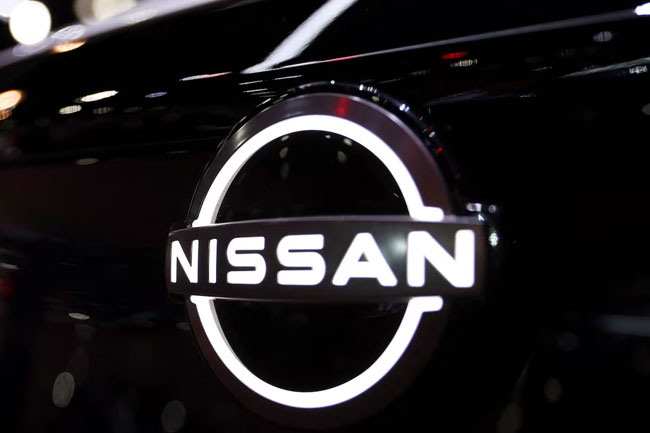Nissan Motor said on Monday it would launch 30 new models over the next three years and aim to raise its global sales by 1 million vehicles while cutting costs to improve profitability.
Announcing an update to its medium-term business plan, Japan’s third-largest automaker by sales said it would target an operating profit margin of over 6% by end of the financial year to March 2027 and total shareholder returns of more than 30%.
Nissan was a pioneer in electric vehicles with its all-battery-powered Leaf but its EV efforts have been eclipsed by the likes of U.S. rival Tesla and Chinese leader BYD, including in the world’s biggest car market, China.
Nissan expects all-battery powered cars to make up about a fifth of its global sales by then and those running on its hybrid power system to account for another fifth, while those with only an internal combustion engine would comprise the remaining 60%.
The Japanese automaker now aims to have electrified vehicles, which include hybrids, make up 60% of global sales by the end of the decade, up from a goal of 55% released in February 2023.
Faced with cut-throat competition, Nissan and domestic rival Honda Motor, this month said they would consider a strategic partnership to collaborate on key components for EVs and other areas.
Of the 30 new models, 16 would be electrified, including eight all-battery powered vehicles and four plug-in hybrids, it said. Nissan plans to reduce the cost of the next generation of EVs by 30% to make them comparable to internal combustion engine models by 2030.
In the U.S. and Canada, Nissan expects to launch seven new models and to revamp 78% of its passenger vehicle line-up for the Nissan brand as well as launching e-power and plug-in hybrid models.
The automaker also plans to roll out eight new-energy vehicles in the Chinese market, four of which will be Nissan brand models, and six new models in Europe.
It is also aiming to launch by the end of its financial year to March 2029 a new electric 3-row SUV that will come with a 50% reduction in quick charging time and 50% higher energy density compared to the Ariya model.
Nissan will explore new partnerships in the U.S. and Japan and continue to leverage its long-standing alliance with Renault and Mitsubishi Motors, in Europe and other regions such as India and Latin America, it said.
Sources said this month that Nissan was in advanced talks to invest in EV maker Fisker, so that it could utilise its truck platform.
Nissan’s aim to boost annual sales and increase its operating profit margin would lay the groundwork for a later phase of its plan aimed at enabling a transition to EVs and realising long-term profitable growth, it said.



